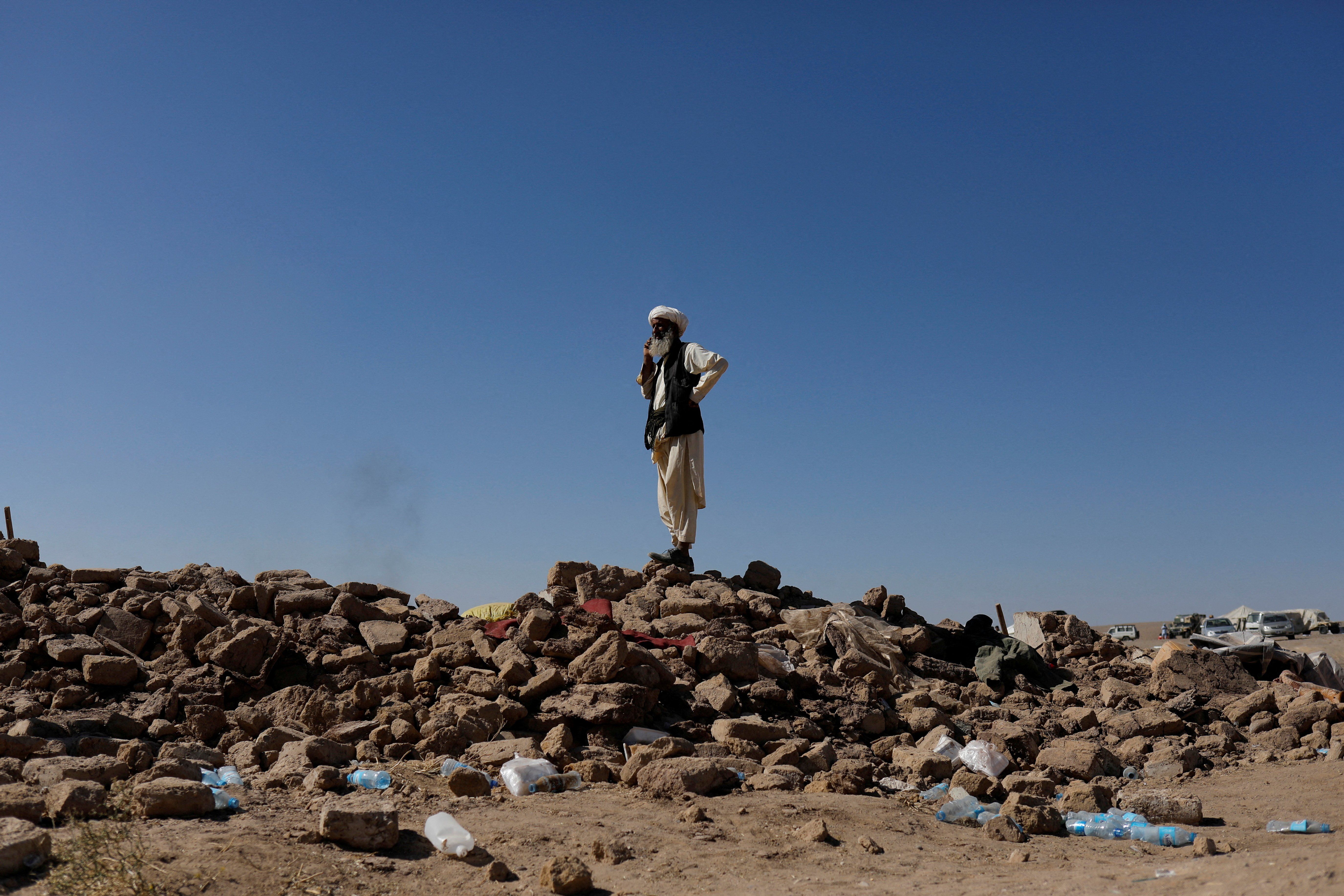Hard Numbers: Thousands killed in Afghan quake, Thais caught in the fighting, RFK’s new approach, China claims to hit economic targets, US wealth gap grows
2,400: At least 2,400 people have died in Afghanistan following Saturday’s 6.3-magnitude quake near the western city of Herat, the country’s third largest. While the search for survivors continues, the devastating tremor brings new hardship to an area already hard hit by the economic crisis. The World Bank estimates that two-thirds of Afghan families are at risk of losing their livelihood.
11: At least 11 Thai nationals who were working as guest laborers on farms in southern Israel have been kidnapped by Hamas, and another dozen were killed in the weekend attacks. Over 30,000 Thais work in Israel, and at this stage they are thought to be the largest group of foreign nationals — not dual citizens of Israel — to have been taken hostage, though at least two Mexicans, three Brazilians, a Nepali, and a British citizen are also believed to be in Hamas’s hands.
14: Robert F. Kennedy Jr. announced on Monday that he will run for president as an independent, not as a Democrat, and polls show he is on track to be the most popular third-party candidate since Ross Perot in 1992. Two polls found 14% of voters would choose him over either former President Donald Trump or President Joe Biden.
5.1: The Chinese Academy of Social Sciences, a state-run think tank, says China’s economy will grow by 5.1% in the fourth quarter, putting the country on the path to meet its annual growth targets. International investment banks, however, remain more skeptical given Beijing’s reluctance to provide short-term stimulus funding.
26.5: The top 1% of American households, in terms of annual income, held about 26.5% of the nation’s wealth in 2022, up about 1.5 percentage points from 2019. The share owned by the bottom 40% of households, meanwhile, fell from 7% to 6.7%, so despite the perception that workers gained leverage during the pandemic, it didn’t result in them getting a bigger slice of the pie.
